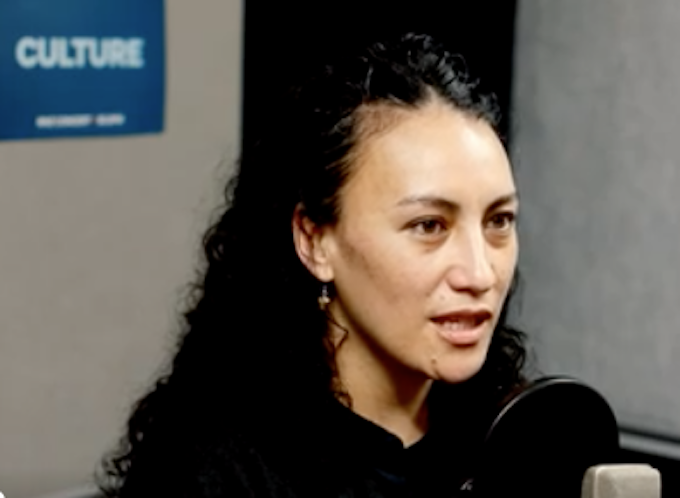
In Aotearoa, a Pacific advocate for youth homelessness says the country must address poverty and systemic inequities to fix the housing affordability crisis.
Research from the Salvation Army last month showed one in 1000 people in the country are without shelter. Youth were reportedly disproportionately affected.
Overall, Pasefika communities were also over-represented in the country’s hardship figures. For example, the latest government figures showed the Pacific unemployment rate was 12.1 percent – more than double the national average.
Brooke Stanley, of youth homelessness collective Manaaki Rangatahi, told RNZ Pacific Waves “successive government choices and policies” had failed to prioritise people’s housing needs.
That had led to rising homelessness, she said.
“I think that those policy choices and decisions are actually underpinned by a certain set of values that don’t recognise housing as being a human right,” Stanley said.
“We’re looking at a politics of ego, of competition, of division, of greed and profit.”
Pasefika bearing brunt
Stanley also said the current government’s policies were making things worse, and Pasefika communities were bearing the brunt of it.
High rents, lack of public housing and affordable housing, as well as socio-economic status all contributed to Pasefika being disproportionately affected by the housing affordability crisis.
Tougher rules from Kāinga Ora — the government’s public housing agency — also painted a bleak picture.
For example, in Manurewa and Porirua, Pacific families were reportedly being kicked out of public housing at disproportionate rates. The pattern was identified in tenancy enforcement data by PMN.
In Manurewa, Pacific families represented about half of the agency’s tenants, but made up three-quarters of enforcement action. In Porirua, Pacific people represented about the same proportion of Kāinga Ora tenants but made up two-thirds of enforcement action.
Enforcement action included tenancy terminations.
Kāinga Ora has previously said it applied its policies in “a fair and consistent way in communities around the country”.
Ending tenancies
Kāinga Ora spokesperson Nick Maling said the decision to end a tenancy was never made lightly, especially when children and young people were involved.
Associate Minister for Housing Tama Potaka has said the government is working to address homelessness.
“There’s a number of things that this government is doing, whether or not it’s the build programme — making sure we build another 500 social homes in Auckland, Māori housing, Kainga Ora… resetting the housing system,” he told RNZ Morning Report in July.
He has also said that rebuilding the economy to create more jobs and get people into work was part of the government’s solution to homelessness.
Stanley believed New Zealand’s policymakers needed to shift their approach to housing and homelessness completely.
“We can’t talk about ending homelessness unless we also talk about ending poverty,” she said.
“I think we need to look at the different contributing factors . . . [and the] the structural inequities that also contribute to homelessness.
“I think it’s really important that our leaders just not only talk about these things, but also have the actions and policies that reflect those values.”
This article is republished under a community partnership agreement with RNZ.











































